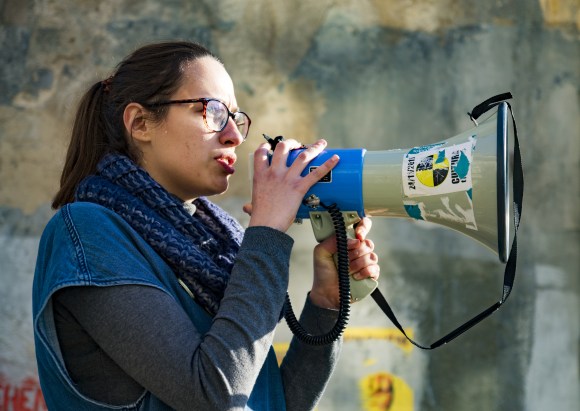
Today, the Wikimedia Foundation announced the launch of a community health initiative to address harassment and toxic behavior on Wikipedia, with initial funding of US$500,000 from the Craig Newmark Foundation and craigslist Charitable Fund. The two seed grants, each US$250,000, will support the development of tools for volunteer editors and staff to reduce harassment on Wikipedia and block harassers.
Approximately 40% of internet users, and as many as 70% of younger users have personally experienced harassment online, with regional studies showing rates as high as 76% for young women. While harassment differs across the internet, on Wikipedia and other Wikimedia projects, harassment has been shown to reduce participation on the sites. More than 50% of people who reported experiencing harassment also reported decreasing their participation in the Wikimedia community.
Volunteer editors on Wikipedia are often the first line of response for finding and addressing harassment on Wikipedia. “Trolling,” “doxxing,” and other menacing behaviors are burdens to Wikipedia’s contributors, impeding their ability to do the writing and editing that makes Wikipedia so comprehensive and useful. This program seeks to respond to requests from editors over the years for better tools and support for responding to harassment and toxic behavior.
“To ensure Wikipedia’s vitality, people of good will need to work together to prevent trolling, harassment and cyber-bullying from interfering with the common good,” said Craig Newmark, founder of craigslist. “To that end, I’m supporting the work of the Wikimedia Foundation towards the prevention of harassment.”
The initiative is part of a commitment to community health at the Wikimedia Foundation, the non-profit organization that supports Wikipedia and the other Wikimedia projects, in collaboration with the global community of volunteer editors. In 2015, the Foundation published its first Harassment Survey about the nature of the issue in order to identify key areas of concern. In November 2016, the Wikimedia Foundation Board of Trustees issued a statement of support calling for a more “proactive” approach to addressing harassment as a barrier to healthy, inclusive communities on Wikipedia.
“If we want everyone to share in the sum of all knowledge, we need to make sure everyone feels welcome,” said Katherine Maher, Executive Director of the Wikimedia Foundation. “This grant supports a healthy culture for the volunteer editors of Wikipedia, so that more people can take part in sharing knowledge with the world.”
The generous funding from the Craig Newmark Foundation and craigslist Charitable Fund will support the initial phase of a program to strengthen existing tools and develop additional tools to more quickly identify potentially harassing behavior, and help volunteer administrators evaluate harassment reports and respond effectively. These improvements will be made in close collaboration with the Wikimedia community to evaluate, test, and give feedback on the tools as they are developed.
This initiative addresses the major forms of harassment reported on the Wikimedia Foundation’s 2015 Harassment Survey, which covers a wide range of different behaviors: content vandalism, stalking, name-calling, trolling, doxxing, discrimination—anything that targets individuals for unfair and harmful attention.
From research and community feedback, four areas have been identified where new tools could be beneficial in addressing and responding to harassment:
- Detection and prevention – making it easier and faster for editors to identify and flag harassing behavior
- Reporting – providing victims and respondents of harassment improved ways to report instances that offer a clearer, more streamlined approach
- Evaluating – supporting tools that help volunteers better evaluate harassing behavior and inform the best way to respond
- Blocking – making it more difficult for someone who is blocked from the site to return
For more information, please visit the community health initiative‘s main page.
A related press release is available on the Wikimedia Foundation’s website.

Can you help us translate this article?
In order for this article to reach as many people as possible we would like your help. Can you translate this article to get the message out?
Start translation